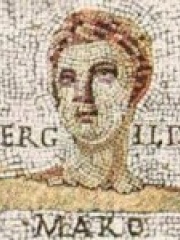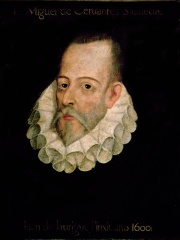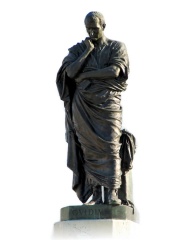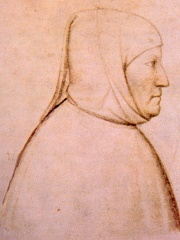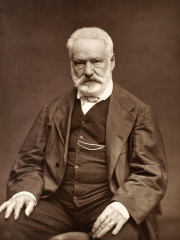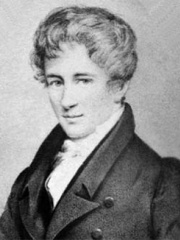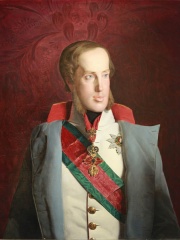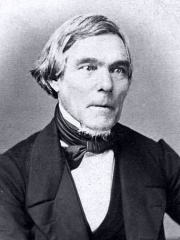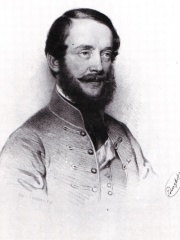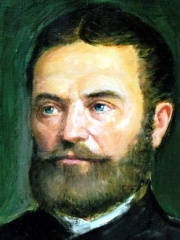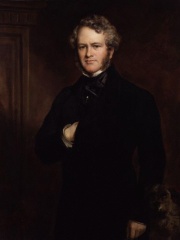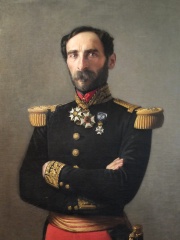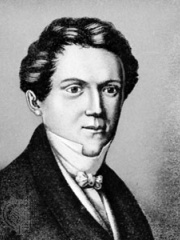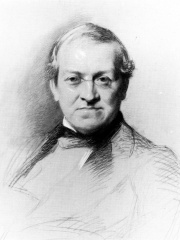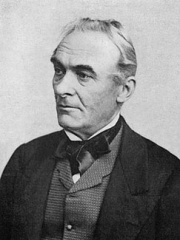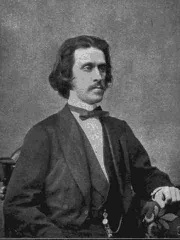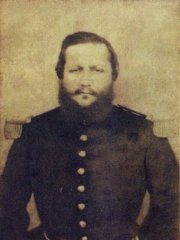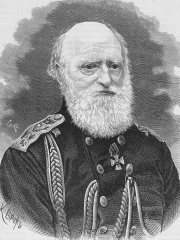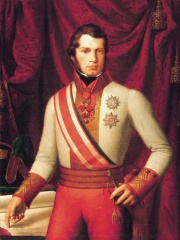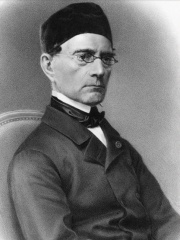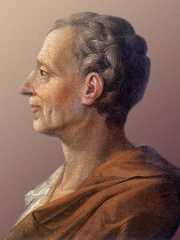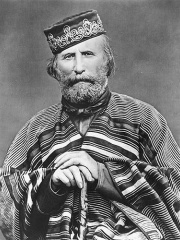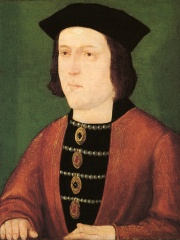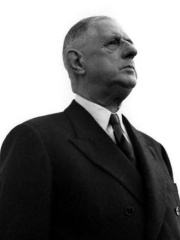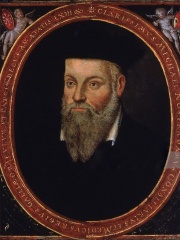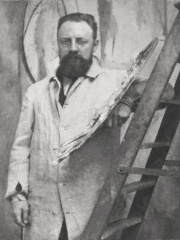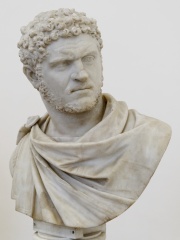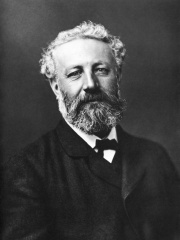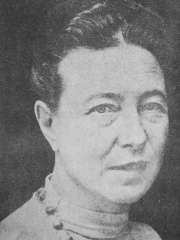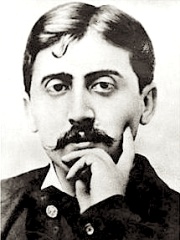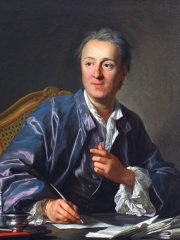Pisarz
Alexandre Dumas
1802 - 1870
PL.WIKIPEDIA PAGE VIEWS (PV)
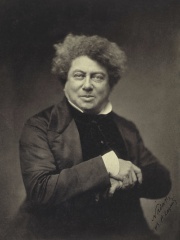
 Alexandre Dumas
Alexandre Dumas
Jego biografia jest dostępna w 115 różnych językach w Wikipedii (wzrost z 112 w 2024 roku). Alexandre Dumas jest 22. najpopularniejszym pisarz (wzrost z 33. w 2024 roku), 19. najpopularniejszą biografią Francja (wzrost z 34. w 2019 roku) oraz 6. najpopularniejszym pisarz Francja.
Memorability Metrics
Page views of Alexandre Dumas by language
Among Pisarzs
Among pisarzs, Alexandre Dumas ranks 22 out of 7,302. Before him are Virgil, Molière, Miguel de Cervantes, Jean-Paul Sartre, T. S. Eliot, and Ovid. After him are Albert Camus, Hesiod, Anton Chekhov, Rumi, Petrarch, and Honoré de Balzac.
Most Popular Pisarzs in Wikipedia
Go to all RankingsVirgil
70 BC - 19 BC
HPI: 88.05
Rank: 16
Molière
1622 - 1673
HPI: 87.83
Rank: 17
Miguel de Cervantes
1547 - 1616
HPI: 87.60
Rank: 18
Jean-Paul Sartre
1905 - 1980
HPI: 87.31
Rank: 19
T. S. Eliot
1888 - 1965
HPI: 87.25
Rank: 20
Ovid
43 BC - 17
HPI: 86.87
Rank: 21
Alexandre Dumas
1802 - 1870
HPI: 86.83
Rank: 22
Albert Camus
1913 - 1960
HPI: 86.77
Rank: 23
Hesiod
800 BC - 700 BC
HPI: 86.72
Rank: 24
Anton Chekhov
1860 - 1904
HPI: 86.67
Rank: 25
Rumi
1207 - 1273
HPI: 86.64
Rank: 26
Petrarch
1304 - 1374
HPI: 86.60
Rank: 27
Honoré de Balzac
1799 - 1850
HPI: 86.38
Rank: 28
Contemporaries
Among people born in 1802, Alexandre Dumas ranks 2. Before him is Victor Hugo. After him are Niels Henrik Abel, Archduke Franz Karl of Austria, Elias Lönnrot, Lajos Kossuth, János Bolyai, Miguel I of Portugal, Edwin Landseer, Louis-Eugène Cavaignac, Wilhelm Hauff, and Charles Wheatstone. Among people deceased in 1870, Alexandre Dumas ranks 1. After him are Charles Dickens, Prosper Mérimée, Robert E. Lee, Frédéric Bazille, Josef Strauss, Comte de Lautréamont, Alexander Herzen, Francisco Solano López, Ferdinand von Wrangel, Leopold II, Grand Duke of Tuscany, and Gabriel Lamé.
Others Born in 1802
Go to all RankingsVictor Hugo
WRITER
1802 - 1885
HPI: 89.52
Rank: 1
Alexandre Dumas
WRITER
1802 - 1870
HPI: 86.83
Rank: 2
Niels Henrik Abel
MATHEMATICIAN
1802 - 1829
HPI: 79.17
Rank: 3
Archduke Franz Karl of Austria
POLITICIAN
1802 - 1878
HPI: 77.54
Rank: 4
Elias Lönnrot
PHYSICIAN
1802 - 1884
HPI: 74.74
Rank: 5
Lajos Kossuth
POLITICIAN
1802 - 1894
HPI: 74.74
Rank: 6
János Bolyai
MATHEMATICIAN
1802 - 1860
HPI: 73.80
Rank: 7
Miguel I of Portugal
NOBLEMAN
1802 - 1866
HPI: 72.62
Rank: 8
Edwin Landseer
PAINTER
1802 - 1873
HPI: 70.67
Rank: 9
Louis-Eugène Cavaignac
POLITICIAN
1802 - 1857
HPI: 69.68
Rank: 10
Wilhelm Hauff
WRITER
1802 - 1827
HPI: 69.33
Rank: 11
Charles Wheatstone
PHYSICIST
1802 - 1875
HPI: 68.18
Rank: 12
Others Deceased in 1870
Go to all RankingsAlexandre Dumas
WRITER
1802 - 1870
HPI: 86.83
Rank: 1
Charles Dickens
WRITER
1812 - 1870
HPI: 85.20
Rank: 2
Prosper Mérimée
WRITER
1803 - 1870
HPI: 77.10
Rank: 3
Robert E. Lee
MILITARY PERSONNEL
1807 - 1870
HPI: 75.20
Rank: 4
Frédéric Bazille
PAINTER
1841 - 1870
HPI: 73.54
Rank: 5
Josef Strauss
COMPOSER
1827 - 1870
HPI: 73.21
Rank: 6
Comte de Lautréamont
WRITER
1846 - 1870
HPI: 73.06
Rank: 7
Alexander Herzen
WRITER
1812 - 1870
HPI: 71.88
Rank: 8
Francisco Solano López
POLITICIAN
1827 - 1870
HPI: 71.45
Rank: 9
Ferdinand von Wrangel
EXPLORER
1797 - 1870
HPI: 70.41
Rank: 10
Leopold II, Grand Duke of Tuscany
POLITICIAN
1797 - 1870
HPI: 69.41
Rank: 11
Gabriel Lamé
MATHEMATICIAN
1795 - 1870
HPI: 69.11
Rank: 12
In Francja
Among people born in Francja, Alexandre Dumas ranks 19 out of NaN. Before him are Montesquieu (1689), Maximilien Robespierre (1758), Jean-Paul Sartre (1905), Giuseppe Garibaldi (1807), Louis XV of France (1710), and Edward IV of England (1442). After him are Charles de Gaulle (1890), Nostradamus (1503), Honoré de Balzac (1799), Henri Matisse (1869), Antoine de Saint-Exupéry (1900), and Caracalla (188).
Others born in Francja
Go to all RankingsMontesquieu
PHILOSOPHER
1689 - 1755
HPI: 87.46
Rank: 13
Maximilien Robespierre
POLITICIAN
1758 - 1794
HPI: 87.37
Rank: 14
Jean-Paul Sartre
WRITER
1905 - 1980
HPI: 87.31
Rank: 15
Giuseppe Garibaldi
POLITICIAN
1807 - 1882
HPI: 87.09
Rank: 16
Louis XV of France
POLITICIAN
1710 - 1774
HPI: 86.93
Rank: 17
Edward IV of England
POLITICIAN
1442 - 1483
HPI: 86.91
Rank: 18
Alexandre Dumas
WRITER
1802 - 1870
HPI: 86.83
Rank: 19
Charles de Gaulle
MILITARY PERSONNEL
1890 - 1970
HPI: 86.70
Rank: 20
Nostradamus
OCCULTIST
1503 - 1566
HPI: 86.64
Rank: 21
Honoré de Balzac
WRITER
1799 - 1850
HPI: 86.38
Rank: 22
Henri Matisse
PAINTER
1869 - 1954
HPI: 86.28
Rank: 23
Antoine de Saint-Exupéry
WRITER
1900 - 1944
HPI: 86.21
Rank: 24
Caracalla
POLITICIAN
188 - 217
HPI: 86.14
Rank: 25
Among Pisarzs In Francja
Among pisarzs born in Francja, Alexandre Dumas ranks 6. Before him are Victor Hugo (1802), Voltaire (1694), Jules Verne (1828), Molière (1622), and Jean-Paul Sartre (1905). After him are Honoré de Balzac (1799), Antoine de Saint-Exupéry (1900), Simone de Beauvoir (1908), Charles Baudelaire (1821), Marcel Proust (1871), and Denis Diderot (1713).
Victor Hugo
1802 - 1885
HPI: 89.52
Rank: 1
Voltaire
1694 - 1778
HPI: 89.44
Rank: 2
Jules Verne
1828 - 1905
HPI: 88.32
Rank: 3
Molière
1622 - 1673
HPI: 87.83
Rank: 4
Jean-Paul Sartre
1905 - 1980
HPI: 87.31
Rank: 5
Alexandre Dumas
1802 - 1870
HPI: 86.83
Rank: 6
Honoré de Balzac
1799 - 1850
HPI: 86.38
Rank: 7
Antoine de Saint-Exupéry
1900 - 1944
HPI: 86.21
Rank: 8
Simone de Beauvoir
1908 - 1986
HPI: 84.63
Rank: 9
Charles Baudelaire
1821 - 1867
HPI: 84.42
Rank: 10
Marcel Proust
1871 - 1922
HPI: 84.39
Rank: 11
Denis Diderot
1713 - 1784
HPI: 84.31
Rank: 12
